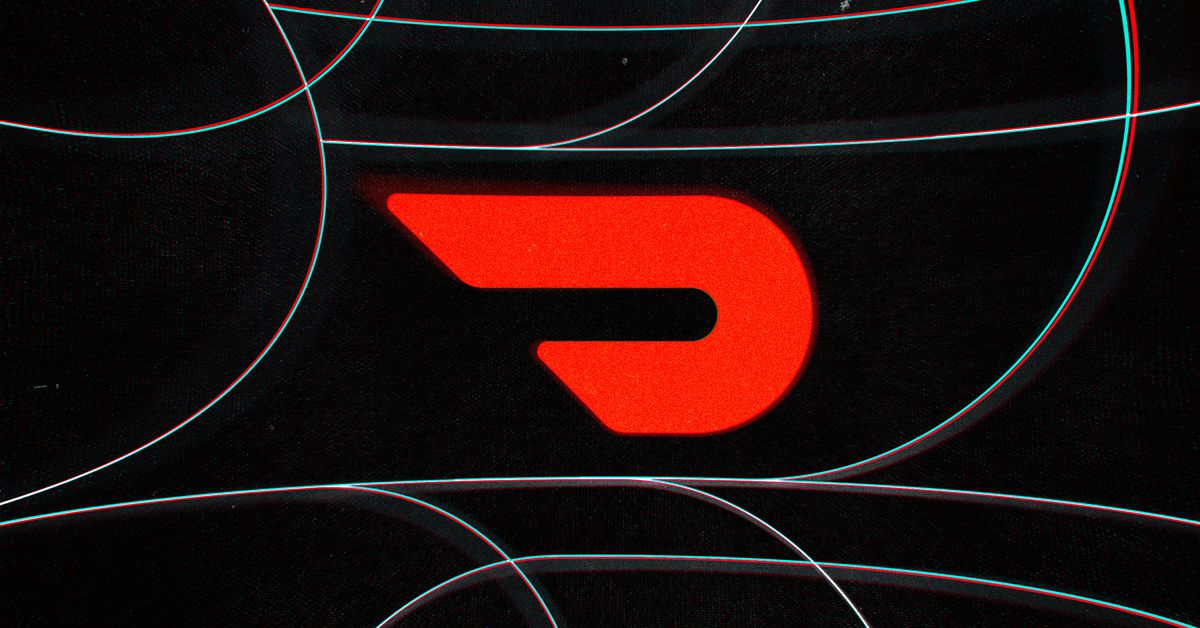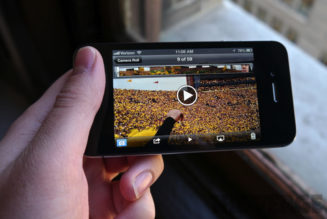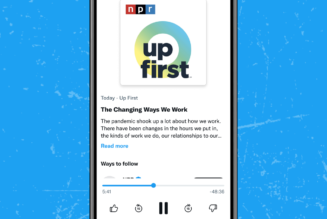
Restaurant delivery platform DoorDash has launched a restaurant disaster relief fund that will offer grants of up to $10,000 to US restaurants affected by natural disasters over the next year, the company said Wednesday. The $1 million fund will be open to eligible restaurant owners beginning November 1st and is a partnership with small business assistance platform Hello Alice. Restaurants affected by Hurricane Ida in August and the ongoing California wildfires are eligible to apply, the company said.
To qualify, restaurants must be experiencing hardship due to a state or federally declared natural disaster; have a brick-and-mortar location in the US with three or fewer locations; and have fewer than 50 employees per location. The restaurants have to have revenue of $3 million or less at each location for the past 12 months and have been open for at least six months. Applications will be processed every three months.
Restaurants can use the grant funds for rent, utilities, maintenance, supplies, payroll, and other essential expenses, DoorDash said.
The company also unveiled a new partner program that matches merchants on its platform with a dedicated point of contact for support and banking reconciliation issues, and it introduced a new mobile app for iOS and Android, which it says will be available “in the coming months.” It will allow restaurants to track live orders and get real-time data about sales and operations.
DoorDash’s latest announcement in support of restaurants comes at a somewhat awkward time. The company is involved in two lawsuits against New York City that involve laws attempting to regulate how delivery companies work with restaurants there.
Along with Grubhub and Uber Eats, DoorDash is suing NYC for capping the amounts the platforms can collect in fees from restaurants. In a complaint filed in US District Court on September 9th, the companies argue that the fee caps are government overreach. They sought an injunction preventing enforcement of the rule which restricts platforms from charging restaurants more than 23 percent per order, but they were accused of adding unclear fees on top of their delivery fees, exceeding the maximum.
And on September 15th, DoorDash filed a lawsuit against New York City over its law requiring delivery companies to share customer data with restaurants it works with, calling it “a shocking and invasive intrusion of consumers’ privacy.” Earlier this month, the city agreed to hold off on enforcing the data-sharing requirement while the lawsuit is pending.
In its second-quarter earnings report, DoorDash reported its gross order volume was up 70 percent year over year to $10.5 billion, but revenue was up 83 percent from the year-ago quarter, to $1.2 billion.









